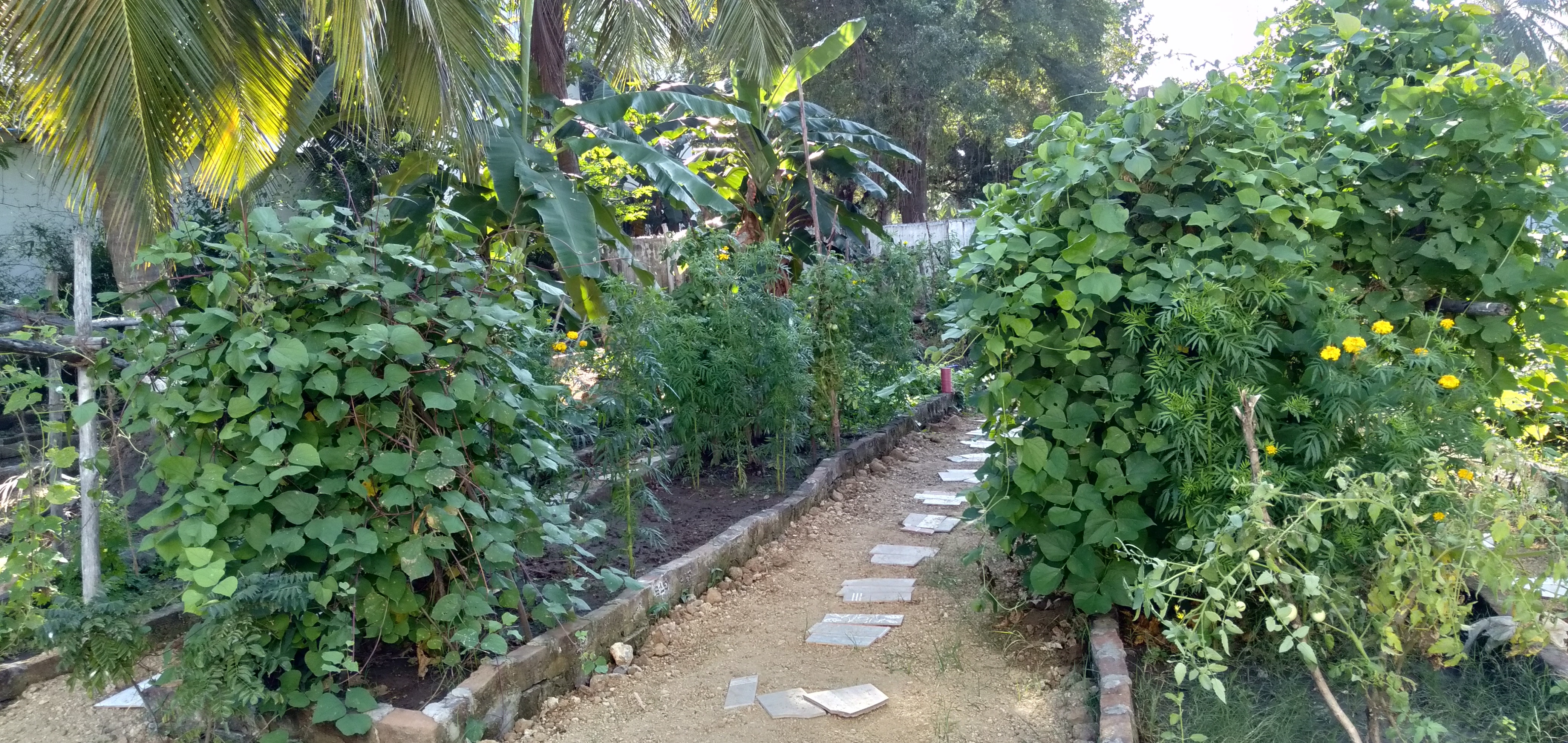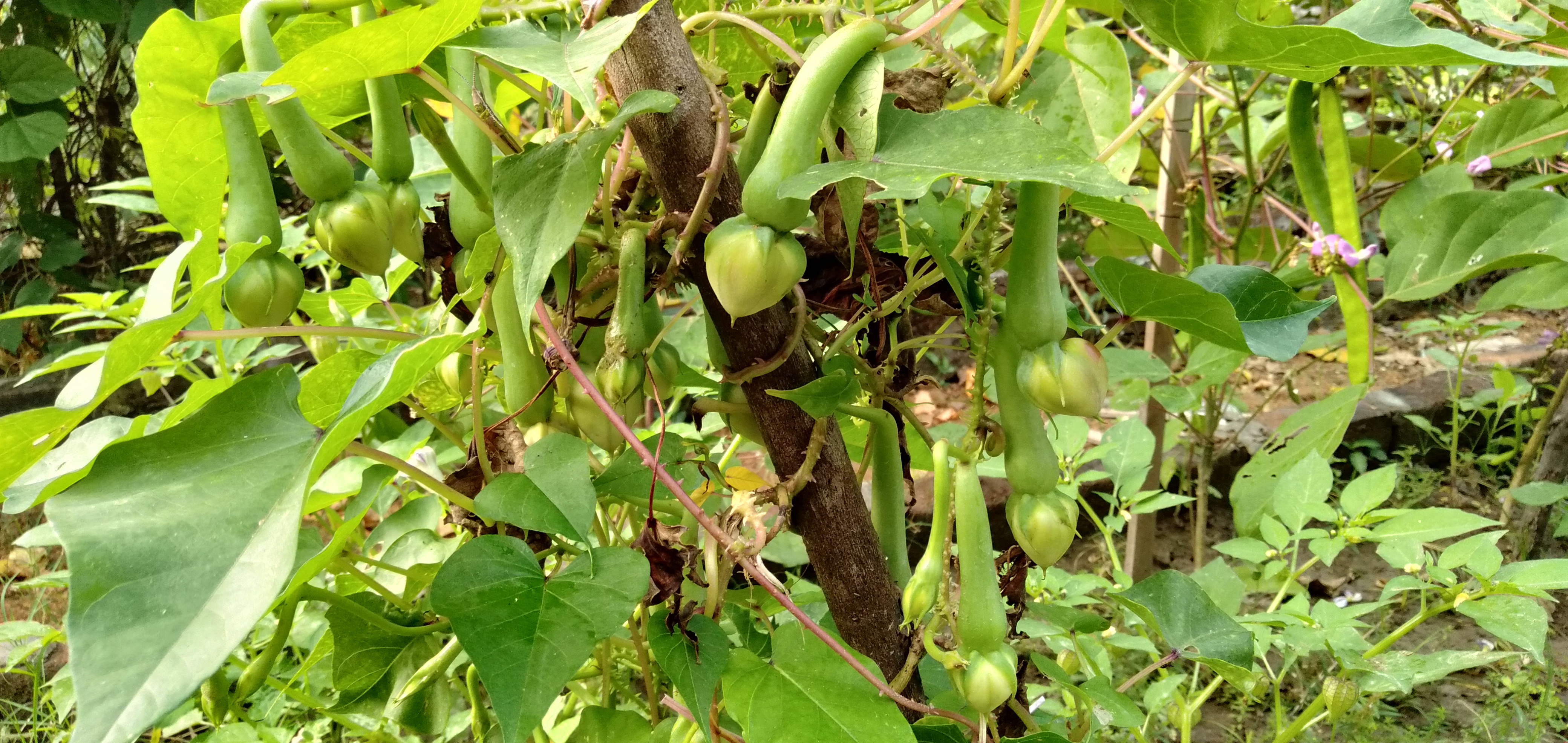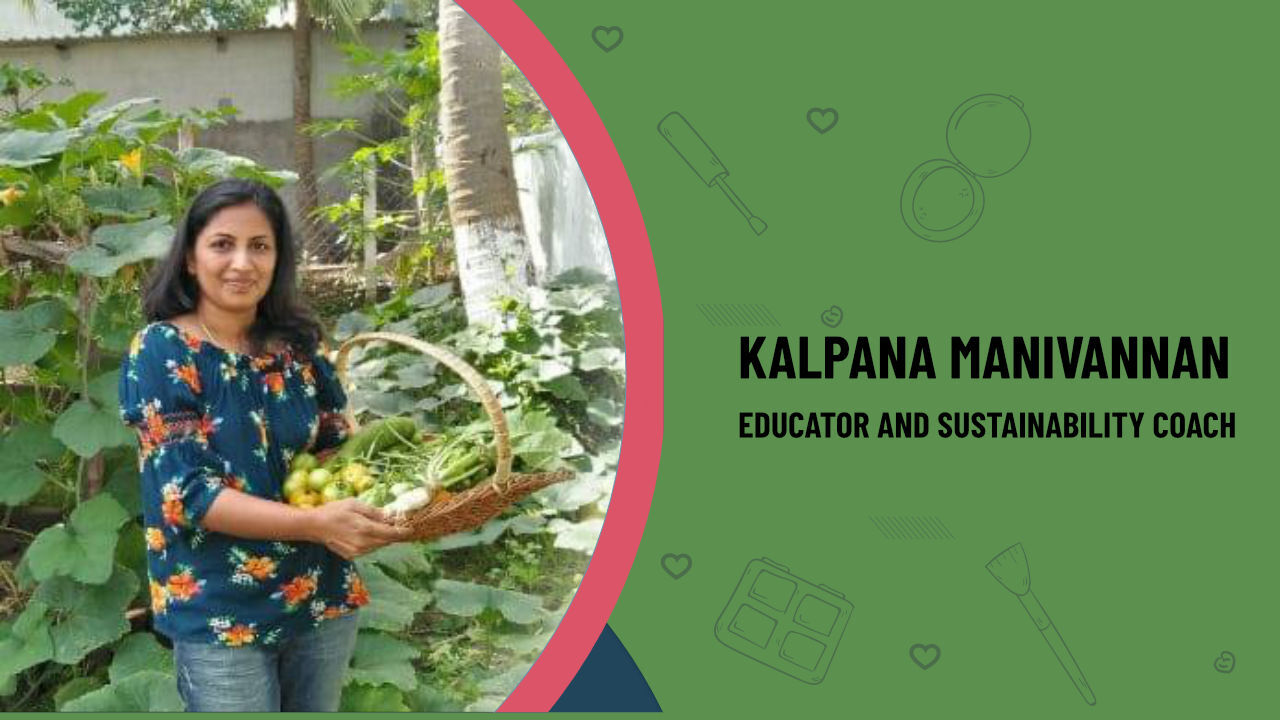Ask an average school-going child about his or her life’s ambitions and you will instantly hear ‘doctor’, ‘pilot’, ‘lawyer’ or ‘astronaut’ as the answers. Ever wondered why ‘farmer’ rarely or never makes this list?

Chennai-based educator and sustainability coach Kalpana Manivannan, believes that we need to undo years of social conditioning if farming is afforded the desire it deserves. In her capacity as a biology teacher, she has introduced her students to sustainable agriculture for years and in time, the concept grew on her as well. Today, Kalpana is a passionate sustainability coach and owns a farm on the outskirts of Chennai where she grows a delightful variety of fruit, vegetables, pulses and millets. During our freewheeling chat on a Friday evening, Kalpana shared her own journey towards a sustainable lifestyle and her thoughts on reviving young people’s love for clean food and the great outdoors. Excerpts:
Generation Z and millennials are often thought to be more inclined towards pursuits that bring them instant gratification. However, farming is an activity that requires ample patience and perseverance. How do you manage to teach it as a skill?
I would beg to differ – the children I have taught at HLC are far from the stereotype that we believe about the younger generation. When they are exposed to farming at a young age, the benefits are many. They learn the value of commitment towards seeing a process from start to finish. In fact, the entire class harvested the crops they had sown on the festival of Pongal this year. We prepared a sumptuous lunch with all the fresh produce and ate together on the farm. Not once did they complain about the weather or the traditional food, despite being from a generation that is exposed to fast food and indoor comforts! It all comes down to introducing them to this improved way of living so that they can make informed choices in the future.
Why is it important for young learners to be curious about food?
One of the triggers that set me off on my own journey was the dearth of ‘clean food’ in the market. As a consumer, my only options were to visit local farmer markets or browse the ‘organic’ sections of supermarkets. However, neither of these options were feasible or reliable in the long run. Soon enough, I realized the only way I could bring toxin-free, unadulterated produce into my home was growing it myself!
It is my hope that children can also be set off on similar paths when we teach them what clean food really stands for. It is not the shiniest and brightest red apple in the supermarket or the expensive bag of quinoa from South America. They must understand where every food they eat has originated from, how many days it has been since it has been picked from its source, how many air miles it has travelled and what chemical treatments it may have been subjected to in order to reach them. Contrary to the fads pushed by influencers on social media, clean eating is rather simple. They are available organically, seasonally and locally and are packed with flavour and nutrition as well. So, before we go after the superfoods grown in the West, let us explore the equally good ones we have growing in our own backyards!
What is the most rewarding part of farming as a profession, from your experience?
I am a weekend farmer myself. Every weekend, I visit my farm and tend to my plants and trees, and incorporate the fresh vegetables and fruits into our food. I also make my own compost from the organic waste produced. The best part of homesteading is that it does not stop at one aspect of life – it spills over into how we look at every product we use. Living sustainably has encouraged me to question and replace even chemical-laden floor cleaners, disinfectants and skincare products in my home with natural, homemade ones. Once you begin to live this way, there is really no looking back.

If you had to offer advice to young learners who are on their way to becoming budding farmers, what would it be?
First off, it is important that we would rather live sustainable lives imperfectly, than living an unsustainable one perfectly. This means, farming does not have to take an ‘all or nothing’ approach. Start slow and easy, take your time to study about the craft, network and speak to the experts and allow yourself to fail many times. It is how we learn!
Lastly, let us not think of farming as an activity that is only for rural folk. Even urban-dwellers can take it up full-time or part-time without having to compromise on their modern lifestyles. It is the mindset of living more consciously that matters eventually, not who we are and where we live.
Follow Kalpana on Facebook and Instagram and visit her website for more free resources on farming.
